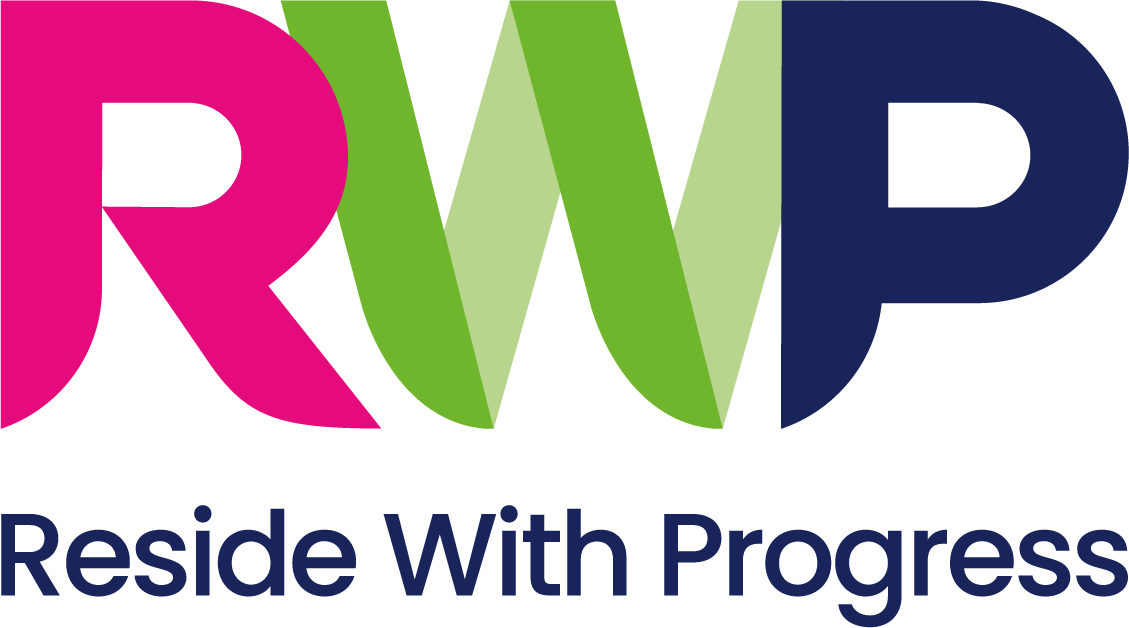-
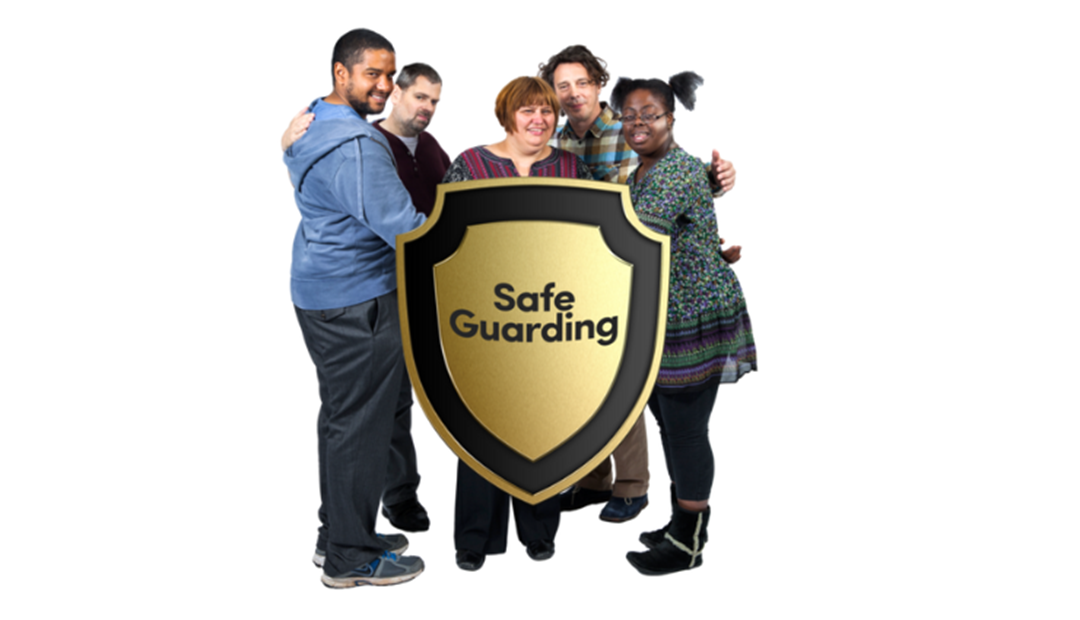
What is safeguarding?
It is making sure vulnerable people are not treated badly. This is called abuse.
-
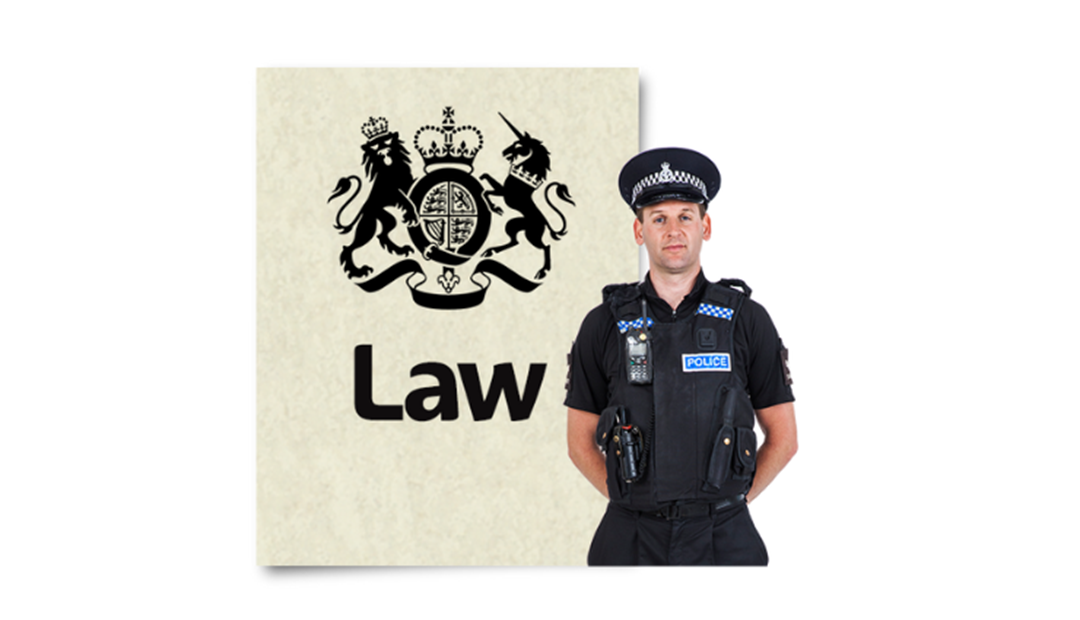
What does the law say?
The law says all organisations must work together to protect people from abuse.
-
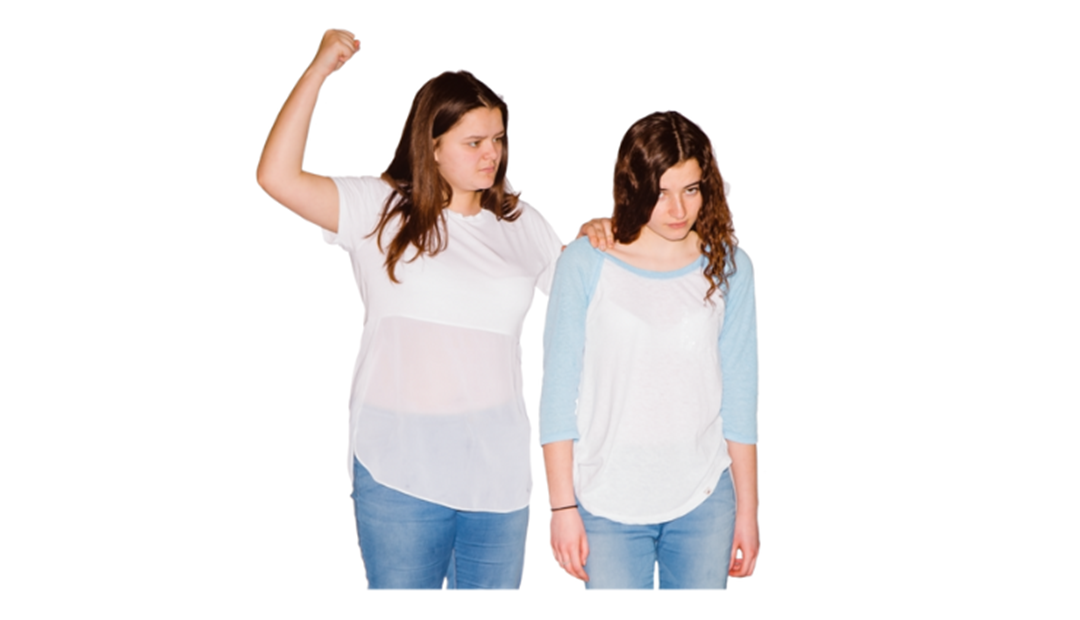
What is physical abuse?
This is when someone causes another person pain or harm, like kicking or spitting.
-

How to spot signs of physical abuse
Look out for bruising, scratches, broken bones – or someone who seems scared of another person.
-
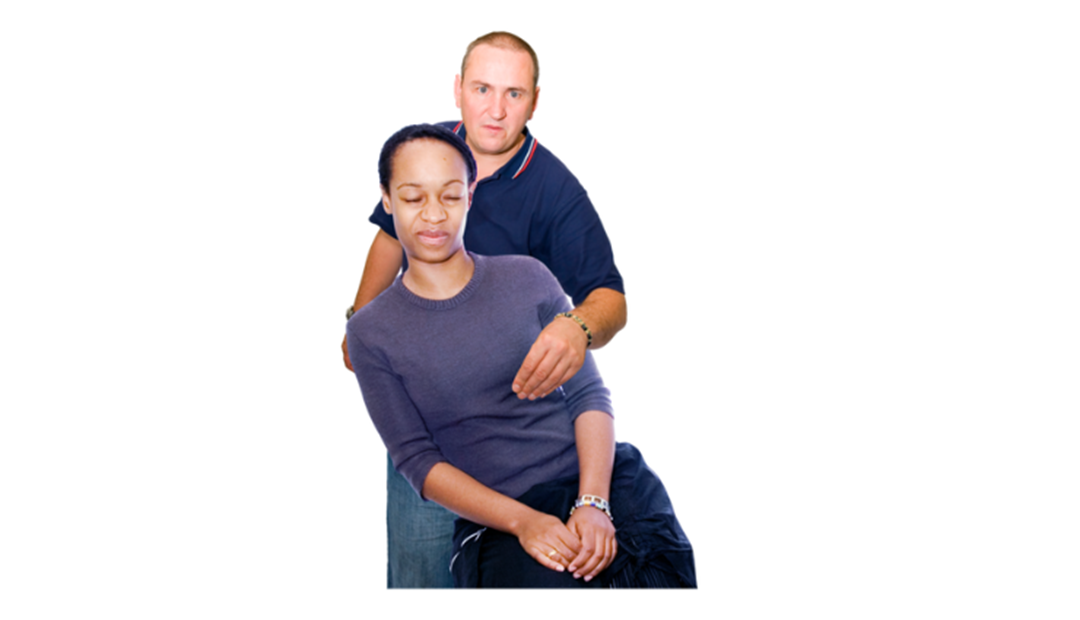
What is sexual abuse?
This is when someone is forced to take part in sexual activity. Or when someone speaks to another person in a sexual way about their body. They might share sexual videos of them without their consent.
-

How to spot signs of sexual abuse
Someone seems quieter than normal and uses words or bad language they wouldn’t normally say.
-
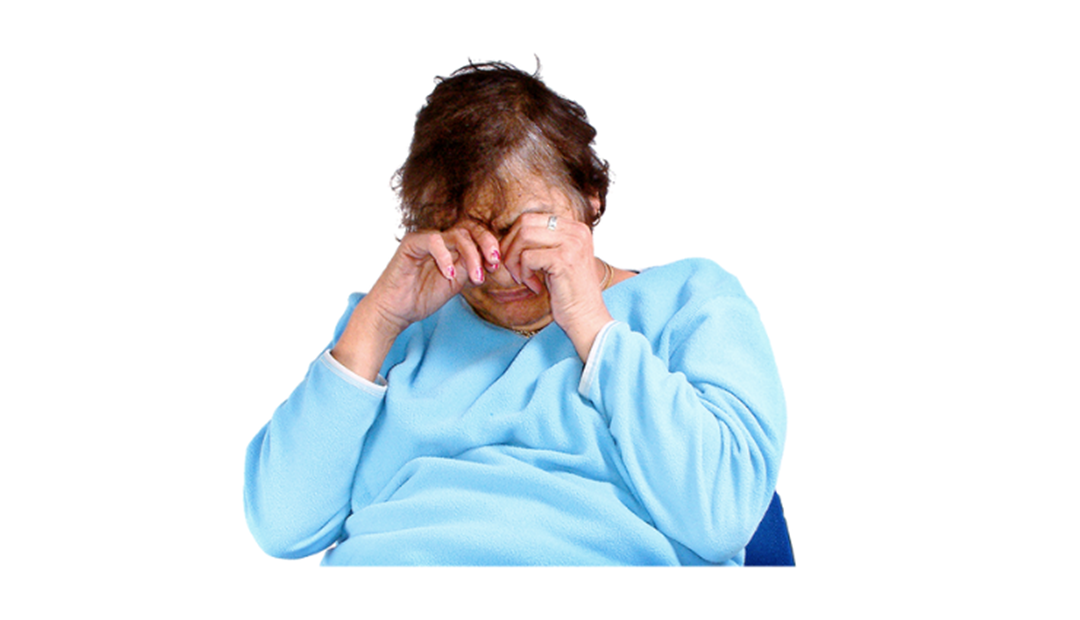
What is emotional abuse?
This is when someone says cruel or hurtful things to control or bully another person.
-

How to spot signs of emotional abuse
Someone is being laughed at all the time and called names, or sometimes not listened to and ignored.
-
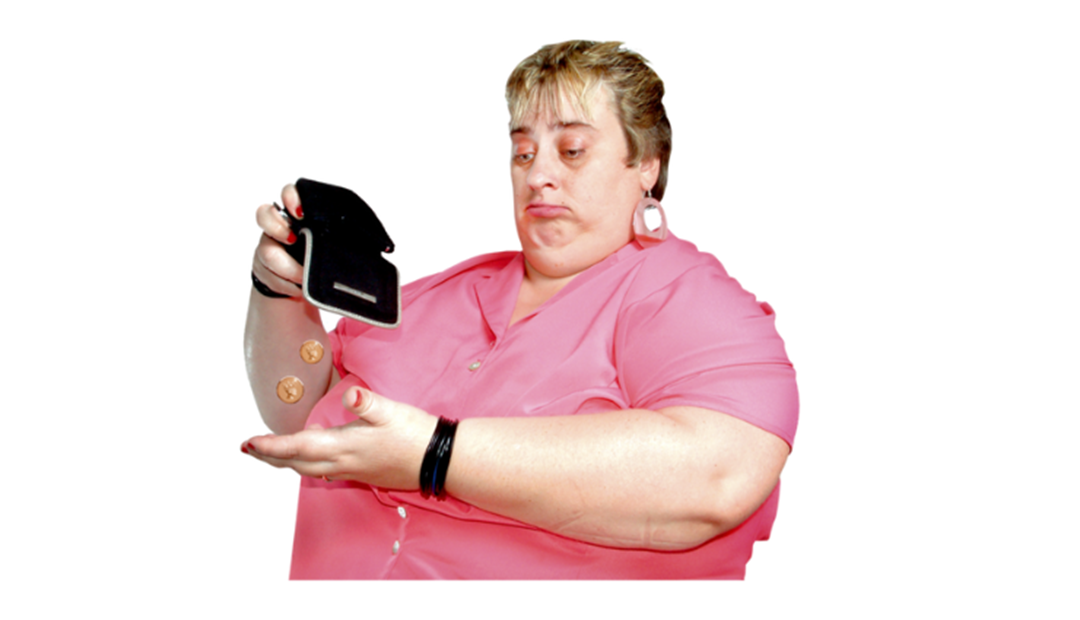
What is financial abuse?
This is when someone uses another person’s money or credit cards without permission or takes benefits money.
-

How to spot signs of financial abuse
Someone has no money for food or bills or where the money goes missing.
-
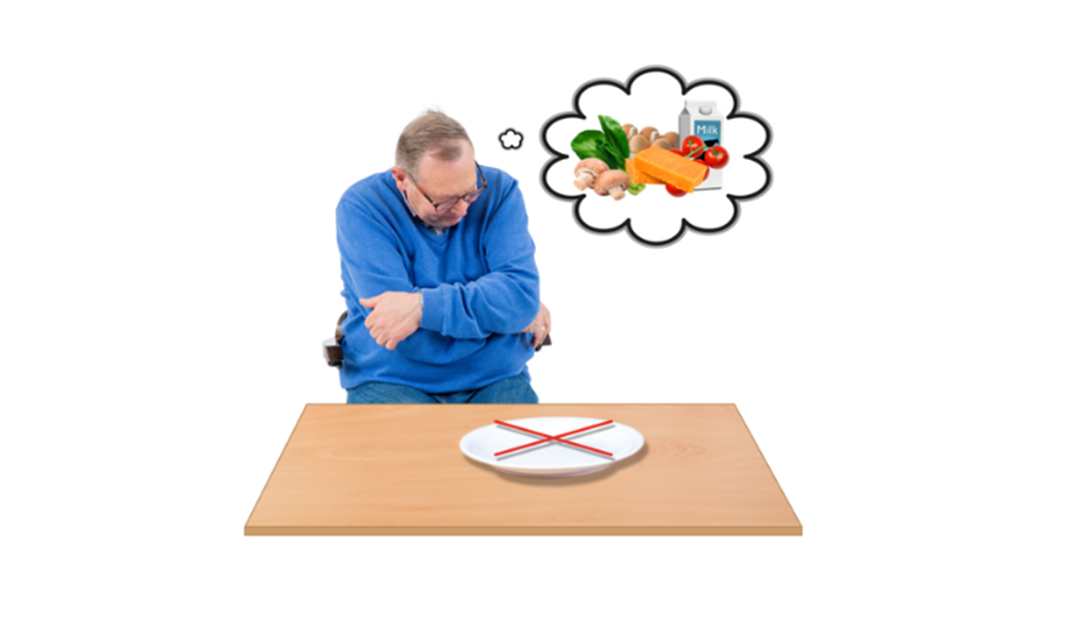
What is neglect?
This is when someone who looks after another person doesn’t keep them well and safe.
-

How to spot signs of neglect
Someone is given the wrong medicines, or left alone or not given enough food and drink
-
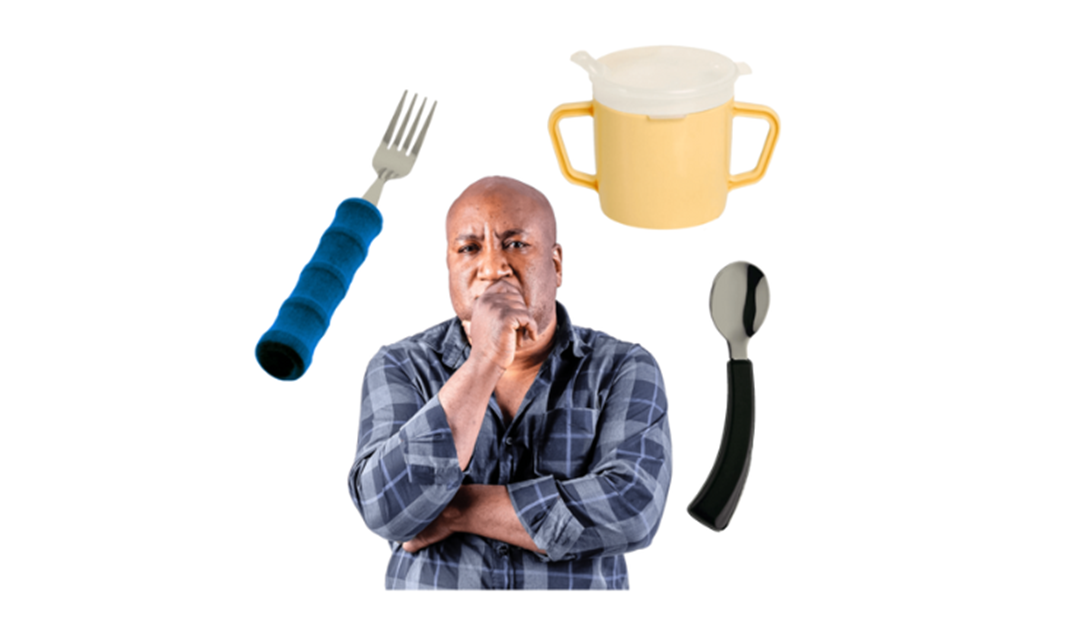
What is self-neglect?
This is when someone doesn’t look after their basic needs and causes themselves harm.
-

How to spot signs of self-neglect
Someone hasn’t been washing or eating and drinking enough. They haven’t been cleaning their home or going to medical appointments.
-
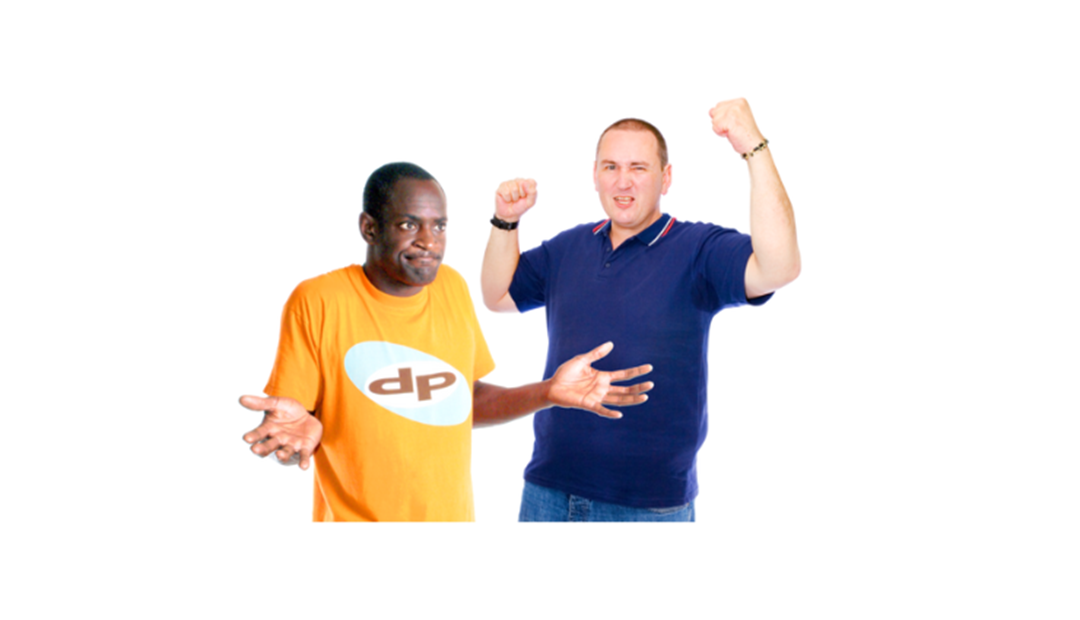
What is discrimination?
This is when someone is treated unfairly because they are considered different because of age, race, gender or disability.
-

How to spot the signs of discrimination
This is when someone is called names, not given the services they need or not treated with respect.
-
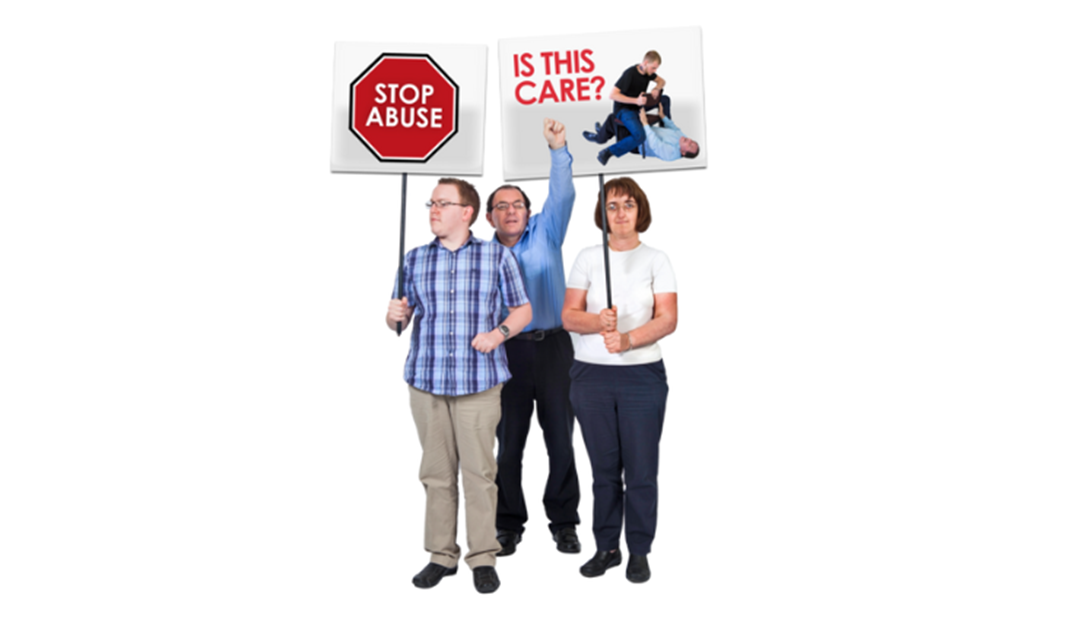
What is organisational abuse?
This is when someone or an organisation who is paid to care for people don’t do what they should.
-

How to spot the signs of organisational abuse?
Someone is not given a choice about when they go to bed or what they eat. They are punished for speaking out.
-
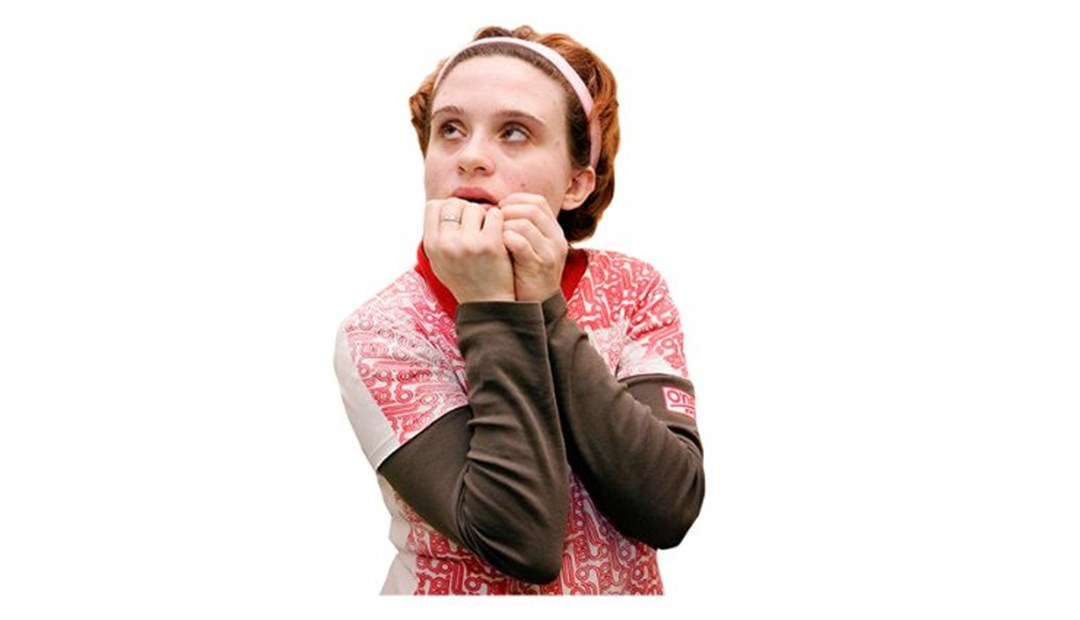
What is domestic abuse?
This is when someone is abused in their own home by a family member or a partner.
-

How to spot the signs of domestic abuse?
Someone is controlled over what they say and stopped from seeing their family or friends. They seem scared of someone in their home. They may have bruises.
-
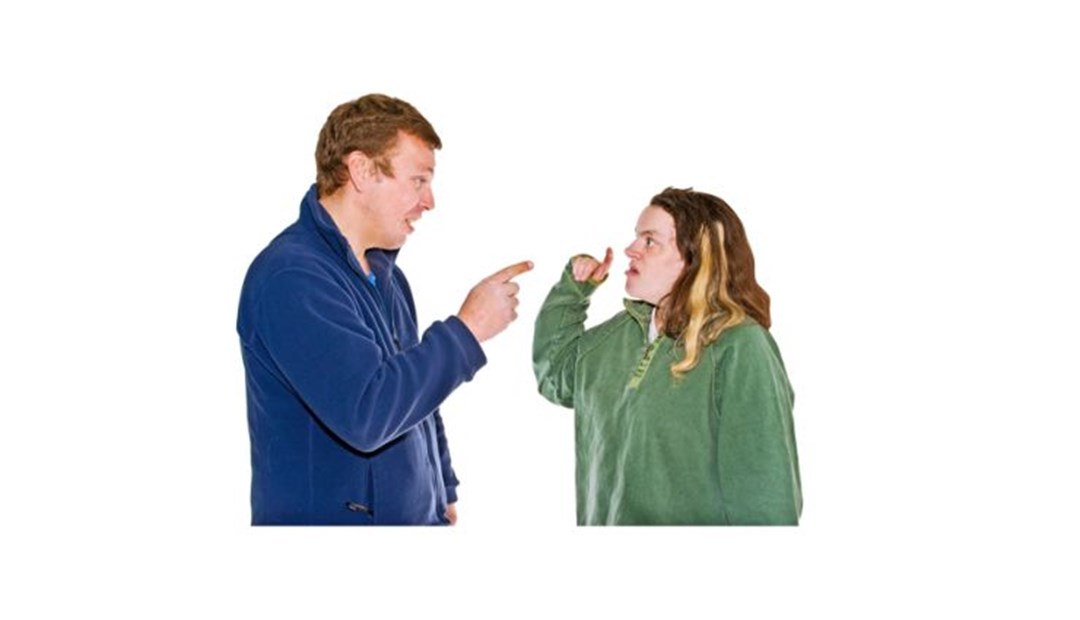
What is modern slavery?
This is when someone is forced to do work they don’t want to do without pay.
-

How to spot the signs of modern slavery
Someone is being forced to work and threatened with violence while they are working.
-
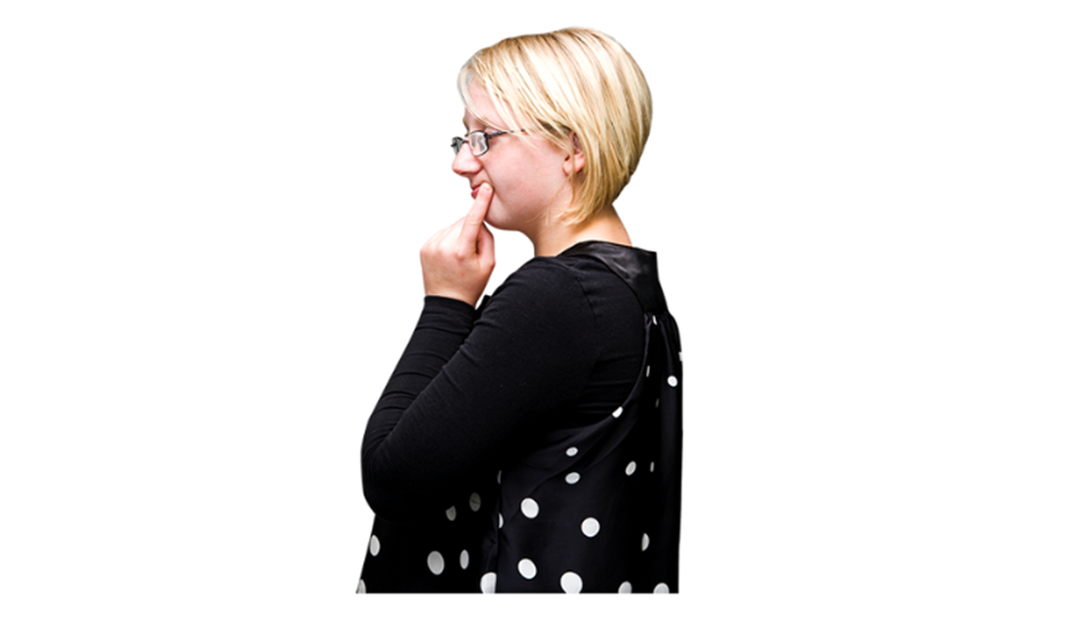
What should you do if you are worried?
Speak to someone you trust like a support worker, a family member or a housing officer. If someone is in danger, report it to the police.
Here is some information about what to do if someone frightens you, or upsets you, about the colour of your skin or where you come from. Read the leaflet here
Talking about anything that concerns you is easier if you feel happy with your support. Being involved in decisions about your support is called co-production. You can read more here in our Easy Read leaflet.
You can watch our video which explains what safeguarding is here
You can find out more about support from the government's Department of Work and Pensions if you are a victim of domestic violence and abuse here
